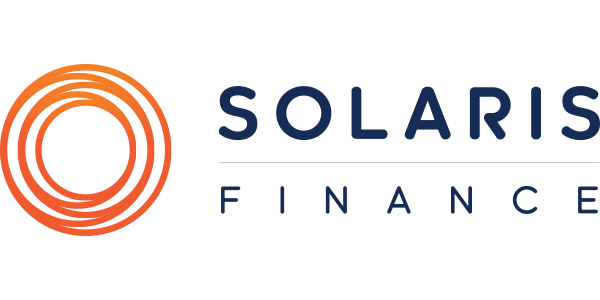01 Dec What happens if a customer doesn’t pay back?
Clawback. It can kill your cash flow.
Clawback (for those who don’t know) is when the financier takes money out of a suppliers account if the customer does not pay their loan back.
We don’t clawback at all. For Solaris written contracts, if the customer stops paying back the loan it is our problem to deal with. Not yours.
That’s why it’s so hard to get accredited. People who are unhappy with the quality of their system are more likely to stop paying their loan back.
So we are very strict on who we do business with in order to ensure that most of our customers are happy with their system.
On the flip side. If they are happy with their system, it is very unlikely that the customer stops paying their finance repayment.
This is because we have the right to repossess the solar if the customer stops paying.
If we repossess the solar, the customer’s energy bills will increase again, and they’ll probably be spending more money anyway.
So even if the customer is strapped for cash. The solar loan repayment is high on the priority list to be paid.
Clawbacks mainly occur with residential financiers. That too with the zero interest guys.
Consumer debt is generally riskier. Not only because more people default on their loans, but also because a lot of it in unsecured. Meaning the finance company can’t repossess anything.
This is usually mitigated by the price. You’ll notice that residential finance is usually way more expensive than commercial.
There are some exceptions (residential financiers that are cheaper than commercial). But you’ll generally find their approval process is very strict.
Given the boom in solar finance, it means to compete, financiers have to come up with some more “creative” ways to reduce the risk of their book.
Risk needs to minimised somehow. Tough approvals, stringent accreditations and risk adjusted pricing are the main ways. But supplier clawback is a new one.
People are after the easiest and most convenient process. Which is fair. But at some point the funder needs to be comfortable that they are going to get their money back.
The financier is not focused on the customer paying the loan back. They are focused on getting their money back.

Sorry, the comment form is closed at this time.